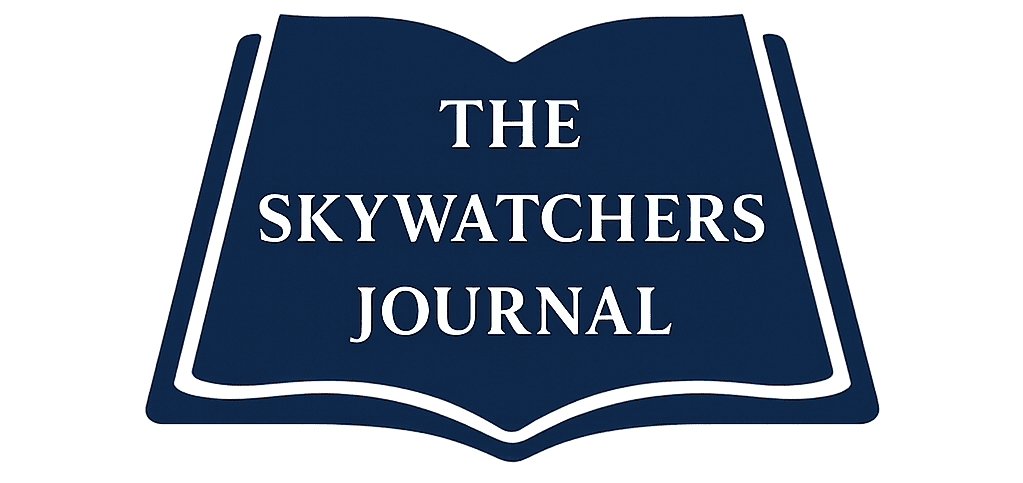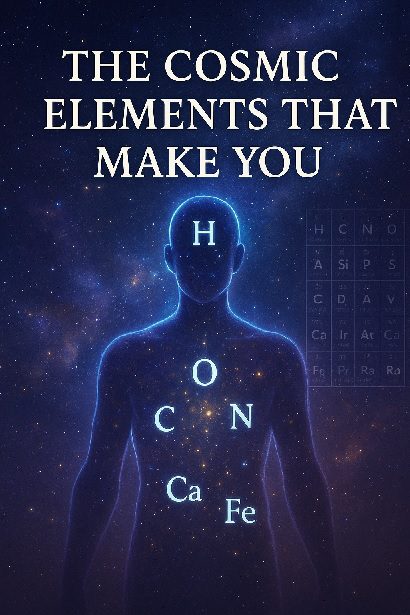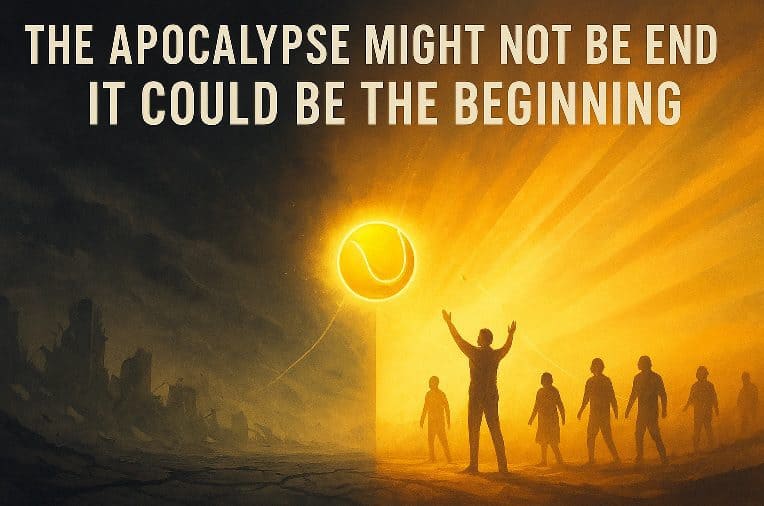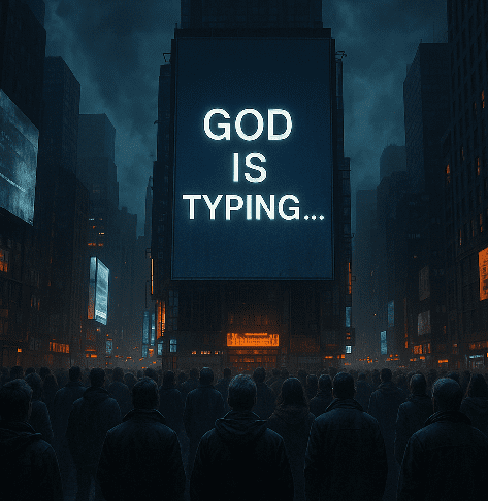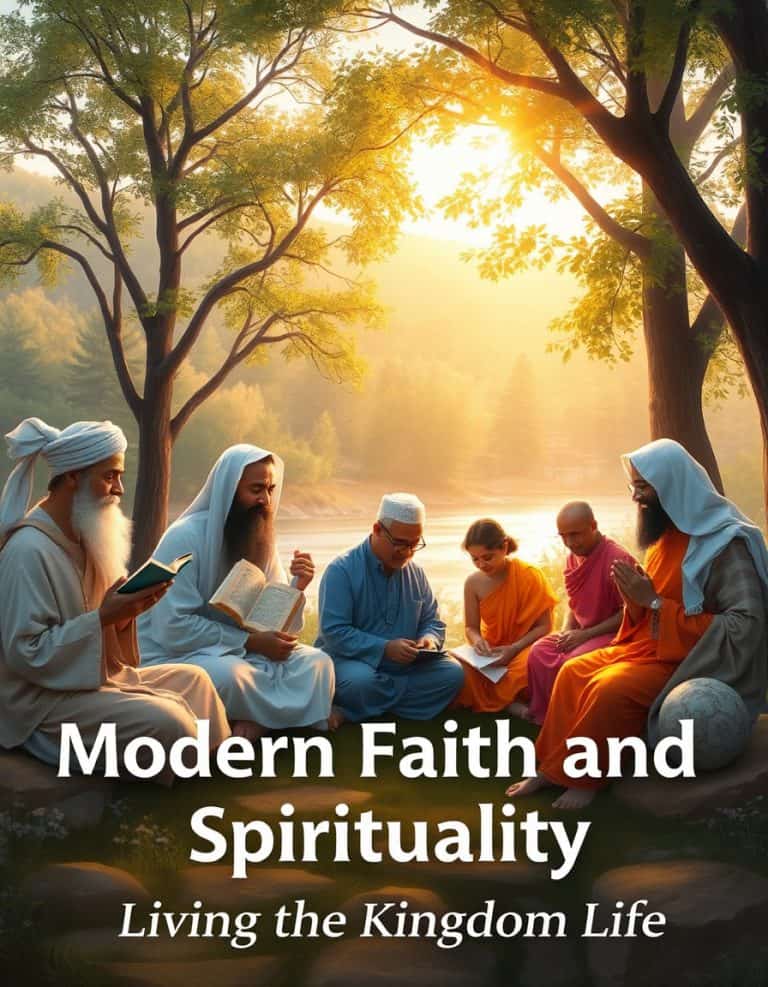Born Again or Kingdom Life? Understanding What Jesus Really Taught.
Sometimes I sit and think about this thing people call being “born again.” And honestly, I still feel we’re a bit off with it.
Even Nicodemus — a respected religious leader — once asked Jesus, “How can a man be born again when he is old?” (John 3:4). That was at night, around 2 a.m., and here’s the twist: Jesus only ever discussed being “born again” with him.

That should tell us something. Being “born again” was the gateway, not the destination. It was the door — but Jesus came to reveal what’s inside the house: Kingdom life. Because you can’t have a home without a door, but you also can’t call the door a home.
I unpack this further in my other post Activating the Kingdom Code — but let’s look deeper right here.
So What Is Kingdom Life?
Jesus described it simply:
“The Kingdom of God is not meat and drink; but righteousness, peace, and joy in the Holy Ghost.” (Romans 14:17)
Notice what’s missing? His own name. Because Kingdom life isn’t about religious branding — it’s about divine character. That means anyone — Christian, Muslim, Buddhist, Hindu, or otherwise — who lives in truth, peace, righteousness, and love is already touching Kingdom principles. The names may differ, but the Source is one. The only add-on Jesus emphasized was the Holy Spirit, the divine force that powers the Kingdom within.
The Universal Echo of Kingdom Life
Across world religions, the same message keeps reappearing — different prophets, different languages, but the same divine melody.
In Islam, the Qur’an teaches:
“Indeed, Allah does not change the condition of a people until they change what is in themselves.” (Surah Ar-Ra’d 13:11). That’s the Kingdom principle of inner transformation — change within before change without.
In Buddhism, the Dhammapada reminds us:
“Better than a thousand hollow words is one word that brings peace.”
(Dhammapada 100). That’s Kingdom frequency — peace as the highest form of truth.
In Christianity, Jesus declared:
“Blessed are the peacemakers, for they shall be called the children of God.”
(Matthew 5:9). That’s the same divine DNA — peace, righteousness, and joy as proof of alignment with Heaven.
So whether you call Him God, Allah, Source, or the Divine, the message echoes across time:
The Kingdom was never about dividing lines — it’s about divine alignment.
So What Did God Really Want?
The modern church often forgets one vital truth:
“The Lord is not willing that any should perish, but that all should come to repentance.” (2 Peter 3:9)
That means the Kingdom message was never meant for Christians alone. It was meant for all nations.
Being “born again” isn’t about reciting a verse, signing up for membership, or wearing a religious badge. It’s about inner transformation — a renewal that aligns the human spirit with the Creator’s will.
Jesus said it plainly:
“You must be born of water and of the Spirit.” (John 3:5)
That’s not ritual — that’s realignment. And if God could appear as a burning bush (Exodus 3:2), a pillar of fire (Exodus 13:21), or even speak through a donkey (Numbers 22:28), then surely He can reveal Himself in any form He chooses — even as Jesus Christ.
So for those who say, “I don’t believe in Jesus, but I believe in God,” perhaps God still calls them up favorably — if they lived by righteousness, peace, and love. After all,
“His ways are higher than our ways.” (Isaiah 55:8–9)
The Human Activation of the End
Here’s something most people miss:
Jesus never said the world would end because of war, famine, or earthquakes.
He said:
“This Gospel of the Kingdom shall be preached in all the world for a witness unto all nations; and then shall the end come.” (Matthew 24:14)
So the end isn’t triggered by disaster — it’s activated by understanding. When humanity embraces Kingdom life — righteousness, peace, and joy — the divine plan reaches completion.
Think of Noah. The flood didn’t start because of rain; it started when the ark was finished and the door was shut. (Genesis 7:16). The end was man-activated, not weather-activated.
Maybe it’s the same with us. The “end” might not mean destruction at all — it might mean graduation — the moment when the whole human family finally understands what the Kingdom truly is.
When We Live the Kingdom, the Test Ends
When righteousness, peace, and joy rule the human heart — across every religion, every border, every ideology — the great human test ends. And perhaps God looks down once more and says, “It is finished — again.”
